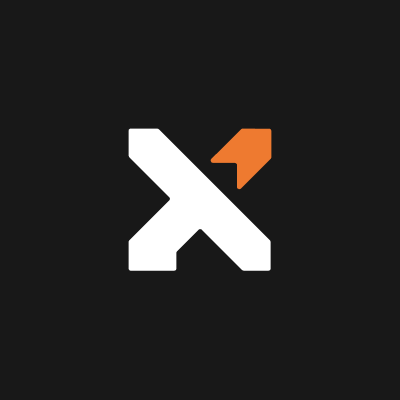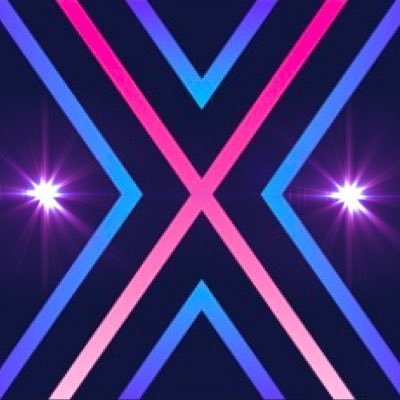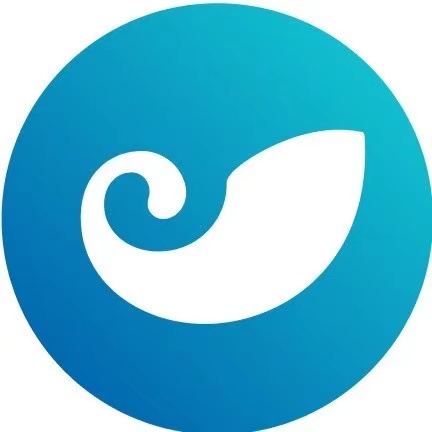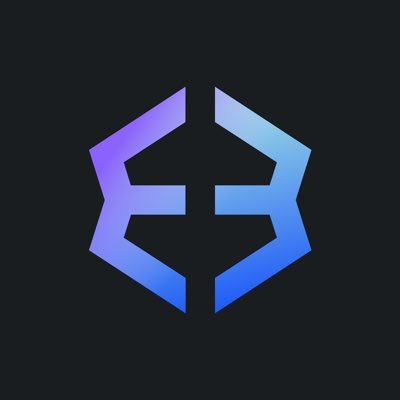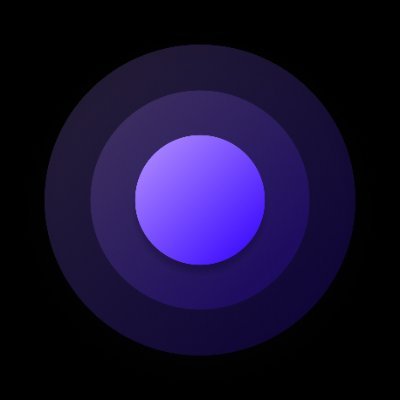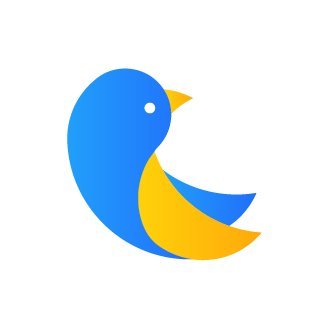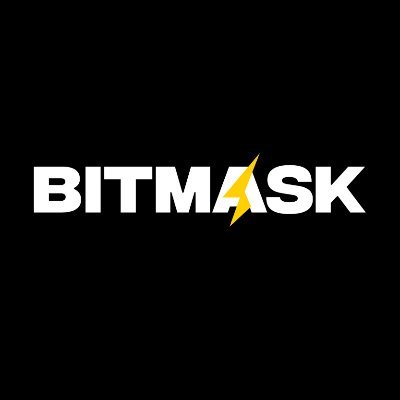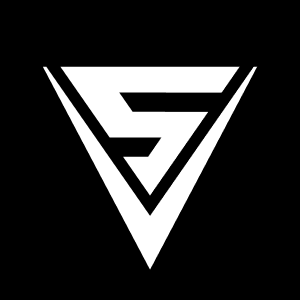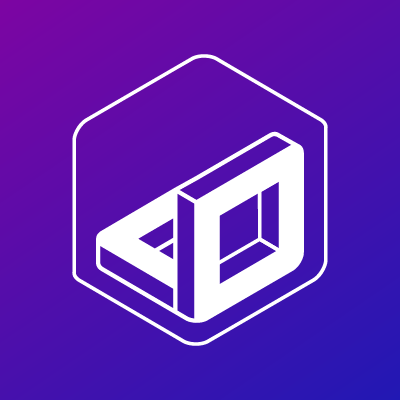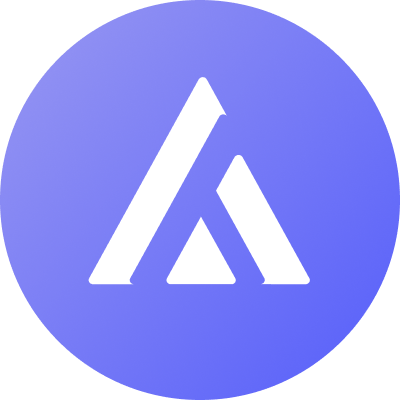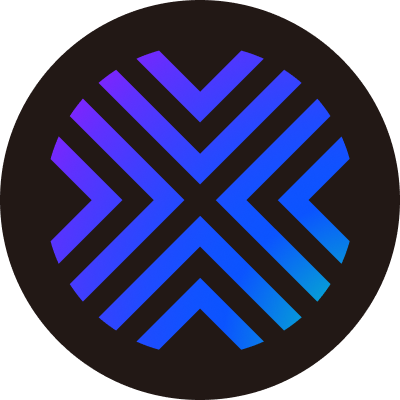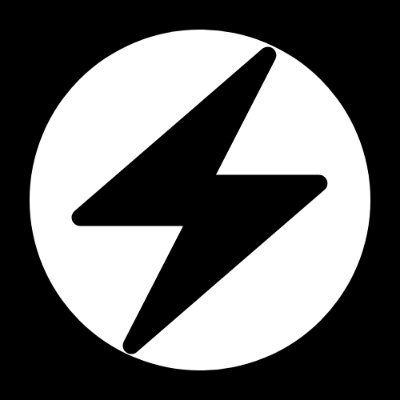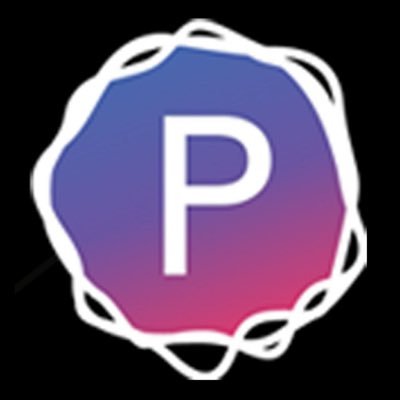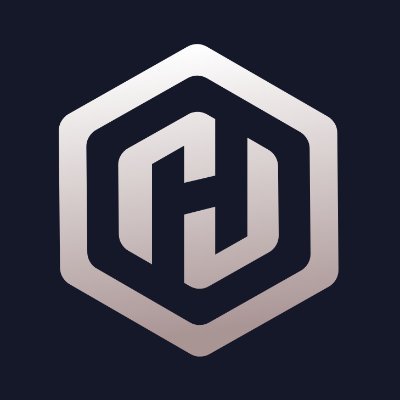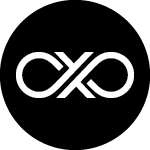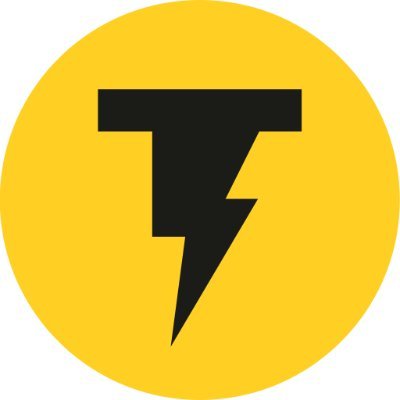Bitcoin Ecosystem DApp Review: DeFi, NFT, Infrastructure, and Wallets Flourishing
Title: "2023 Q3 Bitcoin DApp Summary"
Written by: Web3CN
Compared to Ethereum, the developer-focused Bitcoin ecosystem has long been in a dormant state. Although projects have attempted multiple times to build on Bitcoin L1, the technological stack lags significantly behind Ethereum, which not only has smart contract capabilities but also boasts a rich array of different DApps, L2s, Rollups, and more.
For developers, it has been difficult to persuade them to develop on Bitcoin in the past, as the infrastructure surrounding the development experience is far inferior to that of smart contract chains. Bridging Bitcoin to another blockchain and building applications there is much easier, as seen with Stacks or Trustless Computer. Unlike Polygon and Arbitrum, there is no large developer ecosystem behind Bitcoin to drive ecosystem growth, and even Ethereum took years to establish a strong developer base. However, all of this may change with the launch of the Ordinals protocol earlier this year, making it convenient for developers and projects to start focusing on the Bitcoin ecosystem.
The Bitcoin Ordinals protocol is a method for writing data onto various Satoshis on the Bitcoin network. Although it was initially used for minting images as NFTs, users began to realize they could create fungible tokens using text-based inscriptions, similar to minting through the ERC-20 token standard on the Ethereum network. BRC-20 is an experimental fungible token standard that uses ordinal inscriptions on the Bitcoin network, but unlike ERC-20, BRC-20 tokens do not use smart contracts. It utilizes ordinal inscriptions of JSON data to deploy, mint, and transfer tokens. This innovation meets the demand for fungible tokens on the Bitcoin network, which was previously lacking, but it also has its limitations. This is where developers build protocols on top of ordinals to further improve its infrastructure.
For example, ordinary ordinals can only accommodate 4MB of data, leading to the recent development of "recursive inscriptions," which some refer to as Bitcoin cloud computing. Essentially, recursive inscriptions call data from previous inscriptions. It can be an image or some scripts, which can save a lot of data and fees. This is interesting because once data appears on the blockchain, it can be referenced again and again. Therefore, users can write a very large codebase once, and other developers can reference that library at runtime without needing to write it again.
These advancements are enough to speculate on the possibilities of DeFi and decentralized storage on Bitcoin, which may rival IPFS in the future. Although still in its early stages, many projects are attempting to build on Bitcoin's first layer, and below is a summary of the latest projects in the current Bitcoin ecosystem.

Bitcoin DeFi
Liquidium: A P2P general lending solution utilizing DLC and PSBT. Unlike existing protocols that rely on bridging ordinals to other blockchains, Liquidium allows users to borrow and lend native Bitcoin using native ordinals as collateral in a trust-minimized and non-custodial solution.
BadgerDAO: A decentralized builder collective supporting community-driven DeFi Bitcoin growth.
Sovryn: A decentralized trading and lending platform based on Bitcoin, developed on Rootstock (RSK). Essentially a DAO built on the RSK Bitcoin sidechain that enables DeFi operations on Bitcoin.
DLC.Link: Implements Discreet Log Contracts (DLC). Their platform locks Bitcoin in on-chain custody, which can be controlled by Ethereum and other smart contract chains. This enables lending, trading, derivatives, and more.
Atomic Finance: A platform that allows users to earn self-custodied Bitcoin yield using DLC. Utilizing DLC can make products nearly trustless and eliminate counterparty risk.
Alex: Short for Automated Liquidity Exchange, it is a DeFi platform built for Bitcoin through Stacks smart contracts.
LNSwap: A decentralized exchange protocol that provides a fast and private way to swap Bitcoin with digital assets on the Stacks layer and vice versa. LNSwap supports all on-chain and Lightning Bitcoin wallets.
BSwap: A decentralized DEX built on the BTC L2 network BEVM, allowing users to securely and decentralized cross-chain BTC and assets like BRC20 to BEVM, achieving low gas and high-speed trading experiences similar to ERC20 tokens.
Portal Finance: With the portal ecosystem tools, users and autonomous agents ("AIGENT") can quickly, with low transaction fees and securely participate in cross-blockchain economic activities. Products include DEX, AIGENT, Swap SDK, Portal Wallet, and payment channels.
Zest Protocol: A Bitcoin-native lending protocol running on smart contracts protected by the Bitcoin blockchain through the Stacks layer. For borrowers, Zest Protocol offers on-chain BTC loans and BTC mortgages, with custody managed through Stacks.
Hydranet: A DEX based on the Lightning Network. It does not require KYC and claims to allow Bitcoin and Ethereum chains to run together through Layer 3 solutions, enabling cross-chain coin transfers without any bridges.
Stackswap: A permissionless DEX and token project launchpad built on Bitcoin through the Stacks network. Stackswap serves as both an AMM and an incubator for projects seeking to create tokenized projects.
Deep Lake: Deep Lake is a set of APIs designed to interact with and simplify powerful Bitcoin primitives (including DLC and PSBT), allowing developers to create trust-minimized and non-custodial smart contract applications directly on L1 without any sidechains, wrapping, or bridging.
Bitflow: A DEX that allows users to trade and earn with Bitcoin without relying on centralized points of failure, replacing intermediaries with PSBT, atomic swaps, second-layer smart contracts, sBTC, and decentralized liquidity pools.
Stroom: A liquid staking protocol on the Bitcoin Lightning Network. Stroom aims to build a bridge between the Lightning Network and the DeFi ecosystem across all EVM-compatible chains, starting from Ethereum. The project aims to integrate InBTC (an ERC-20 token that can be exchanged 1:1 for BTC) into blue-chip DeFi protocols across the ecosystem.
Fuji Money: This protocol allows for the issuance and destruction of synthetic assets backed by Bitcoin collateral and tracks the price of reference indices. It is non-custodial, meaning there are no intermediaries or custodians, and collateral can be redeemed at any time once the debt is repaid.
Kollider: Claims to be the first instant settlement DEX built on the Bitcoin Lightning Network. The company is also working on developing Bitcoin-backed synthetic stablecoins and Bitcoin wallets that support the Lightning Network.
LN Markets: The first Lightning-native Bitcoin derivatives trading platform. It allows traders to minimize counterparty risk, as users can trade instantly and almost at no cost directly from their Lightning wallets.
Lava: The Lava wallet aims to provide users with a sovereign, simple, and secure experience. The Lava loan protocol allows users to borrow against Bitcoin collateral without incurring counterparty risk.
Infrastructure
Stacks: A Bitcoin L2 protocol that enhances Bitcoin's functionality through automatically executed smart contracts without requiring a Bitcoin fork. Additionally, Stacks brings DApp and smart contract functionality to Bitcoin without altering any of its features.
BEVM: A decentralized BTC L2 that uses BTC as gas and is EVM-compatible, with the core goal of expanding Bitcoin's smart contract landscape, allowing BTC to build decentralized applications on the EVM ecosystem with BTC as the native GAS.
Mintlayer: A PoS L2 protocol that brings smart contract programmability to the Bitcoin blockchain. It aims to address Bitcoin's scalability issues and improve functionality by enhancing DeFi applications, DEXs, stablecoins, and tokenization on the Bitcoin network.
Spiral: An independent, Bitcoin-focused entity within the Block company ecosystem. It builds and funds free open-source projects to enhance Bitcoin's privacy, security, user experience, and scalability.
Liquid Network: A Bitcoin L2 solution that enables fast, confidential settlement and issuance of digital assets on the Bitcoin chain, such as stablecoins, security tokens, and other financial instruments.
Fedi: A company building global Bitcoin adoption technology. The Fedi mobile app is the company's main product, designed to help billions of people use Bitcoin securely, privately, and at scale.
Rootstock: An independent blockchain attached to the Bitcoin blockchain via a two-way peg. It aims to address Ethereum's shortcomings by leveraging Bitcoin's unparalleled stability, security, and economic strength.
Ordinals Protocol: A protocol that allows for the allocation of unique identifiers to individual Satoshis (SAT) on the Bitcoin blockchain and facilitates transactions with additional data attached. Developed by Casey Rodarmor, the protocol effectively allows for the creation of NFTs directly on the Bitcoin blockchain. Bitcoin NFTs are also referred to as ordinal NFTs.
Interlay: A modular, programmable layer between Bitcoin and multi-chain ecosystems that unlocks DeFi use cases for BTC. Its DeFi hub offers BTC swaps, lending, and staking services.
Babylon: Babylon extracts security from the Bitcoin chain and shares it with various PoS chains such as Cosmos, Binance Smart Chain, Polkadot, Polygon, and others. The project's vision is to expand Bitcoin's security to ensure the safety of a decentralized world.
Botanix: A fully Ethereum-equivalent L2 virtual machine built on Bitcoin. It aims to combine Bitcoin's market cap with Ethereum's dApp ecosystem.
Bison Labs: Revolutionizing DeFi with zk-rollups on native Bitcoin, providing unparalleled transaction speed and security.
Alpen Labs: The company's platform aims to build infrastructure to allow for broader adoption, enabling customers to easily access Bitcoin.
Ark: An L2 protocol for cheap, anonymous, off-chain Bitcoin payments. It allows recipients to receive payments without acquiring incoming liquidity while protecting the recipient's privacy.
RGB: RGB is a smart contract layer and off-chain protocol built on the Bitcoin blockchain that allows for the minting and issuance of Bitcoin-based digital assets. With RGB, users will be able to issue stablecoins, tokens, non-fungible tokens (NFTs), and create customer-verified confidential smart contracts on Bitcoin.
Taproot Assets: Taproot Assets (formerly known as Taro) is a new Taproot-supported protocol for issuing assets on the Bitcoin blockchain that can be traded instantly, in high volume, and at low fees via the Lightning Network. The core of Taproot Assets is to leverage the security and stability of the Bitcoin network along with the speed, scalability, and low fees of the Lightning Network.
NFT/Game
On Chain Monkey/Osura Market: Metagood has been a pioneer in the NFT space and continues to lead the industry with its team's understanding of ordinals and the Bitcoin ecosystem. As the company behind one of the most successful NFT series on BTC and ETH, On-Chain Monkey, Metagood is currently working on launching the high-end digital artifact Osura market.
Neoswap AI: An AI-driven economic engine that utilizes blockchain technology to provide users with a personalized, efficient, and easily accessible trading experience. Its current products include smart swaps, smart auctions, and AI trading.
Magic Eden: Originally a Solana-based NFT trading platform, Magic Eden has now expanded its support to other blockchain networks such as Bitcoin, Polygon, and Ethereum. As ordinals continue to evolve, Magic Eden positions itself as one of the largest cross-chain NFT platforms.
OKX: The OKX wallet is the first multi-chain wallet supporting the Lightning Network, enabling cheaper and faster Bitcoin transactions. It is a new ordinals market launched in May 2023, supporting the minting and trading of ordinals and BRC-20 tokens.
Binance: As the world's largest centralized cryptocurrency exchange, Binance announced in May 2023 that its NFT market would begin supporting ordinals. This development allows customers to trade ordinals directly without a separate Bitcoin wallet. The exchange also recently announced the launch of an ordinals inscription service, making it easier for users to inscribe data directly onto their personal Satoshis.
Gamma.io: A Bitcoin ordinal market that enables users to easily create and trade ordinal inscriptions, comparable to non-Bitcoin platforms like OpenSea with MetaMask.
Ordinals Market: A market for trading inscriptions. It facilitates the trading of Bitcoin inscriptions, which can be transacted on Bitcoin using browser Bitcoin wallets like Xverse or traded on the Ethereum blockchain using the "storage" technology developed by Emblem Vault, which contains the encrypted private key of the Bitcoin address holding the inscription.
Emblem Vault: A Bitcoin network NFT platform that allows users to exchange NFTs and digital assets across any blockchain on Ethereum and EVM-compatible markets.
Ordinex: Aims to provide a secure, trustless, and transparent environment for Bitcoin ordinals trading through an easy-to-use interface.
OrdinalHub: A platform that helps users track all popular and trending inscriptions and provides users with an advantage in new mints through its data-rich tools.
Ordswap: A trustless ordinal market built on Bitcoin. It allows users to list, buy, sell, and auction NFTs.
Ord.io: An application/browser that provides users with inscription services for GIFs, text, videos, games, etc., and has recently begun supporting recursive inscriptions.
OpenOrdex: An open-source, zero-fee, trustless Bitcoin NFT market based on partially signed Bitcoin transactions (PSBT).
Ordiscan: Allows users to explore ordinals and inscriptions on Bitcoin while also being able to search for inscriptions and addresses.
Ordzaar: A decentralized ordinal market that allows users to buy and sell ordinal inscriptions with 0 platform fees. Ordzaar is also the organizer of the 2023 Singapore Ordinals Summit.
Scarce.City: An online marketplace for Bitcoin goods and Bitcoin NFTs.
OrdinalsBot: OrdinalsBot allows users to easily list ordinals and has registered many collections in the space since its launch.
Luminex: A launchpad that brings high-quality, attractive Bitcoin ordinals and BRC20 projects into the Bitcoin ecosystem. Services also include image optimization, various whitelist tier creation, marketing support, and more.
Quadkey: An inscription project for Bitcoin ordinals that utilizes geospatial indexing standards to demonstrate several new underlying technologies.
Deezy: Deezy has a wide range of ordinal and inscription tools. Deezy Marketplace is an open-source and fully decentralized ordinal market.
Taproot Wizards: This series contains 2,121 unique wizard-themed ordinals, co-created by Mavensbot, who uploaded a rough drawing of a wizard waving Bitcoin to Reddit's r/Bitcoin on February 18, 2013.
Ordinals Maxi Biz (OMB): One of the most well-known ordinal series, with a floor price exceeding 0.2 BTC and total trading volume over 400 BTC on Magic Eden.
Sating.io: A decentralized marketplace for users to search, collect, and share rare Satoshis (Sats).
Magisat.io: Magisat is the first P2P rare satellite marketplace. It is based on PSBT, similar to Magic Eden, and includes a set of dedicated filters and rare satellite sorting.
Wallets
Xverse: A non-KYC Bitcoin wallet that supports Bitcoin and layers built on Bitcoin, such as Stacks, Lightning, Ordinals, and more.
XDEFI Wallet: A multi-chain wallet that allows users to swap and bridge blockchains without leaving the application. It has its own $XDEFI token.
imToken: A multi-chain wallet that supports popular Layer 1 and Layer 2 networks and provides a built-in DApp browser. They also have their own hardware wallet.
Exodus: Designed to eliminate the geek requirement, making cryptocurrency easy for everyone. It provides strong support to attract new users.
Sparrow Wallet: A tab-based desktop wallet, but not browser-based. Its transaction viewer also acts as a blockchain explorer, providing users with charts and a complete history of transactions.
Ordinals Wallet: Launched in February this year, the Ordinals wallet supports various operations related to ordinals, such as transfers, sending, listing, buying, and selling.
UniSat Wallet: An open-source Chrome extension for storing and transferring ordinal NFTs and BRC-20 tokens. Users can also inscribe at any time and from anywhere without running a full node. It is also the official wallet for the Ordinal Protocol.
Leather (Hiro Wallet): One of the most popular Bitcoin ordinals wallets. It is a Bitcoin wallet that allows users to utilize their Bitcoin-collateralized assets, supporting ordinals, Stacks, DLC, Stamps, BNS, BRC-20, and more.
Bitmask: BitMask is a browser extension that allows you to access decentralized applications on the Bitcoin blockchain using protocols like RGB.
Others
Bitcoin Startup Lab: The first pre-accelerator on Bitcoin. The rigorous Bitcoin startup bootcamp program is designed for those looking to push their limits and cultivate champion capabilities to build investable startups on Bitcoin.
Hoseki: An application that allows users to add Bitcoin accounts in a way that proves their ownership without giving the platform custody of funds. It is building a world where Bitcoin is the standard or currency, and proving reserves is safe and easy.
OpenNode: An easy-to-use Bitcoin payment processing solution for any business. With OpenNode, businesses can choose automatic conversion to receive local currency and always achieve instant (Lightning Network) or near-instant (on-chain) final settlement.
Neutronpay: Provides Lightning Network infrastructure APIs for global remittances, payments, expenditures, and transactions. Through a simple setup process, Neutronpay allows users to send, receive, and make payments instantly worldwide.
Ordspace: An insights and analytics platform for ordinals that recalculates the rankings of all BRC-20 tokens using multidimensional data.
BestinSlot.xyz: An ordinal aggregator and explorer that allows users to explore, collect, and trade ordinals.
Sustainable Bitcoin Protocol: This protocol creates a new environmental commodity that incentivizes clean energy Bitcoin miners and allows investors to achieve their ESG goals while holding Bitcoin.
Layer One Foundation: The Layer 1 Foundation embraces root innovation, building open-source tools to pave the way for efficient updates and interoperable standards while aiming to bridge the gap between indexing and governance.
IBEX: IBEX is a Bitcoin infrastructure company specializing in Lightning Network (LN) enterprise solutions.
BRC-20.io: Provides real-time price tracking for various BRC-20 tokens, allowing users to stay updated on the latest market trends.
Rare and Exotic Sats: As the name suggests, rare and exotic Satoshis purchased on this site are fresh and uninscribed.
Bitmap: A platform designed to leverage the transformative metaverse standards, indexing, and platforms of the Bitcoin blockchain.





